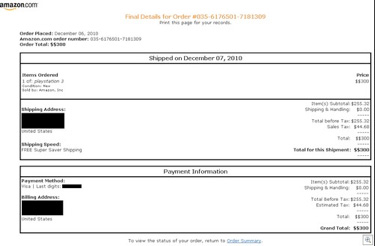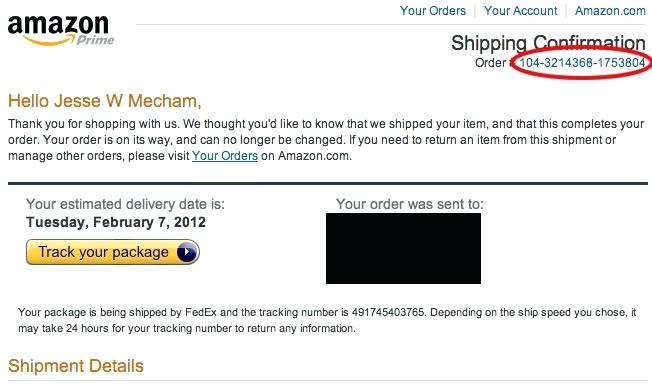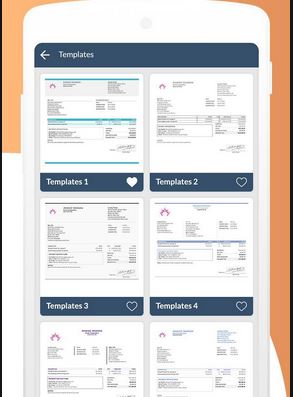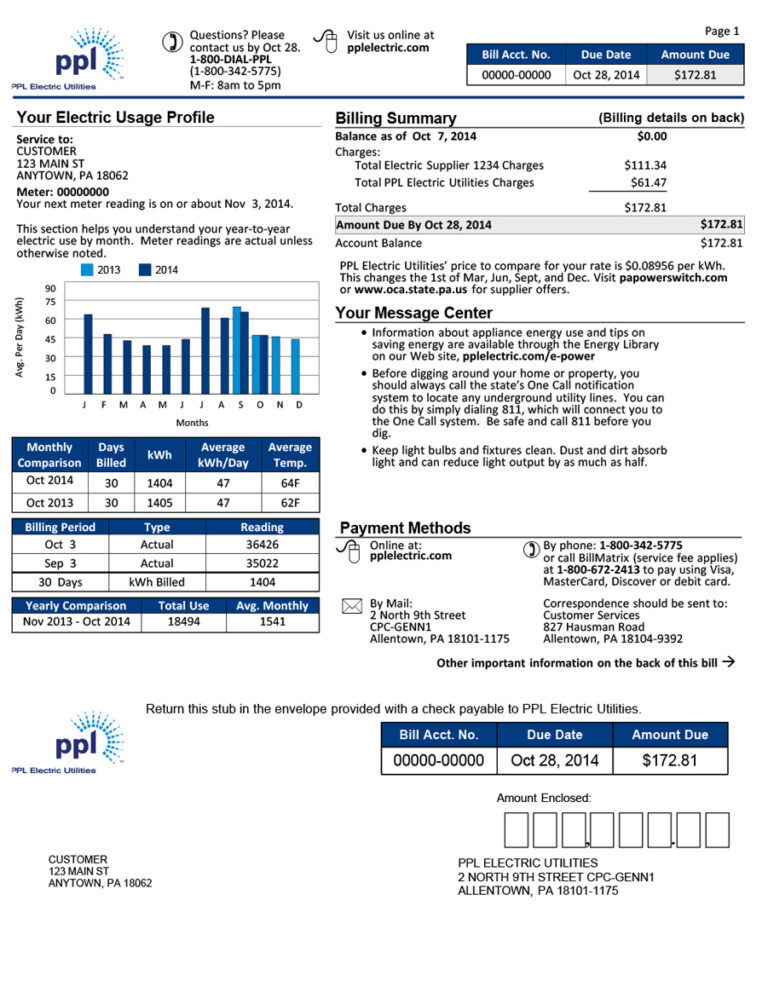Amazon Fake Invoice Generator

Executive Summary

This article provides a comprehensive overview of Amazon fake invoice generators, exploring their functions, benefits, risks, and legal implications. It examines the various types of invoice generators available, their features, and their suitability for different purposes. The article also delves into the ethical and legal considerations associated with using such tools, offering guidance on how to use them responsibly and within the bounds of the law.

Introduction
Fake invoice generators have become increasingly popular in recent years as a means of creating fraudulent invoices and other financial documents. While these tools can be used for legitimate purposes, such as testing accounting systems or creating mock invoices for training, they can also be misused for fraudulent activities such as tax evasion and identity theft. Understanding the risks and limitations associated with using these generators is crucial for businesses and individuals alike.
FAQs
1. What is an Amazon Fake Invoice Generator?
An Amazon fake invoice generator is a tool that allows users to create invoices that appear to be from Amazon. These invoices can be used for various purposes, including:
- Making fraudulent purchases
- Obtaining refunds for unauthorized purchases
- Evading taxes
2. Is it Legal to Use an Amazon Fake Invoice Generator?
The legality of using an Amazon fake invoice generator depends on the intended purpose. Using such a tool for legitimate purposes, such as testing accounting systems or creating mock invoices for training, is generally not illegal. However, using these generators to create fraudulent invoices or engage in other illegal activities is a serious offense that can result in criminal prosecution.
3. What are the Risks of Using an Amazon Fake Invoice Generator?
Using an Amazon fake invoice generator carries several risks, including:
- Criminal prosecution: Fraudulent use of these generators is a federal crime punishable by fines and imprisonment.
- Financial penalties: Businesses that use fake invoices to evade taxes may be subject to substantial penalties and interest charges.
- Damage to reputation: Misuse of these generators can damage a company’s reputation and erode customer trust.
Top 5 Subtopics
Features of Amazon Fake Invoice Generators
- Customizable templates: Users can choose from a variety of invoice templates with different designs and formats.
- Amazon branding: Invoices can be customized to include Amazon’s logo, branding, and other identifying features.
- Multiple payment options: Users can specify the payment method and account details on the invoice.
- Order details: Invoices can include specific product descriptions, quantities, and prices.
- Tax calculations: Generators can automatically calculate sales tax based on the shipping address.
Types of Amazon Fake Invoice Generators
- Online generators: These web-based tools allow users to create invoices directly on the website.
- Desktop software: Standalone software applications that can be installed on a computer for offline use.
- Browser extensions: Add-ons for web browsers that enable users to generate invoices from within the browser.
- Mobile apps: Smartphone and tablet applications that allow users to create invoices on the go.
- Custom-built solutions: Businesses can develop their own invoice generators tailored to their specific needs.
Benefits of Using Amazon Fake Invoice Generators
- Testing accounting systems: Fake invoices can be used to test the accuracy and functionality of accounting systems.
- Creating mock invoices for training: Generators can create realistic invoices for use in training employees on invoice processing.
- Filling in missing invoices: In cases where original invoices are lost or damaged, fake invoices can be used to recreate the necessary financial documentation.
- Proof of purchase: Fake invoices can provide proof of purchase for personal or business expenses.
- Expense reimbursement: Employees can submit fake invoices to their employers for reimbursement of expenses.
Risks of Using Amazon Fake Invoice Generators
- Fraudulent purchases: Criminals can use fake invoices to make unauthorized purchases and avoid paying for goods or services.
- Tax evasion: Businesses can use fake invoices to understate their income and evade paying taxes.
- Identity theft: Individuals can use fake invoices to steal the identities of others and open fraudulent accounts.
- Financial loss: Victims of invoice fraud can suffer financial losses, including lost revenue and legal fees.
- Damaged reputation: Businesses that engage in invoice fraud can damage their reputation and lose customer trust.
Legal Implications of Using Amazon Fake Invoice Generators
- Federal law: Using fake invoices to commit fraud is a federal crime under the False Claims Act and the Wire Fraud Statute.
- State laws: Most states have laws that prohibit the creation or use of fake invoices for fraudulent purposes.
- Civil liabilities: Victims of invoice fraud may file civil lawsuits to recover damages.
- Ethical considerations: Using fake invoices goes against ethical business practices and undermines the integrity of financial transactions.
- Consequences of misuse: Misuse of fake invoice generators can result in criminal prosecution, fines, imprisonment, and other legal consequences.
Conclusion
Amazon fake invoice generators can be useful tools for legitimate purposes, such as testing accounting systems or creating mock invoices for training. However, their misuse for fraudulent activities poses significant risks, including criminal prosecution, financial penalties, and damage to reputation. Understanding the legal implications and ethical considerations associated with using these generators is crucial for businesses and individuals alike. It is essential to use these tools responsibly and within the bounds of the law to avoid the potential consequences of misuse.
Keyword Tags
- Amazon Fake Invoice Generator
- Invoice Fraud
- Fake Invoice Generator
- Legal Implications of Invoice Fraud
- Ethics of Fake Invoice Generators

